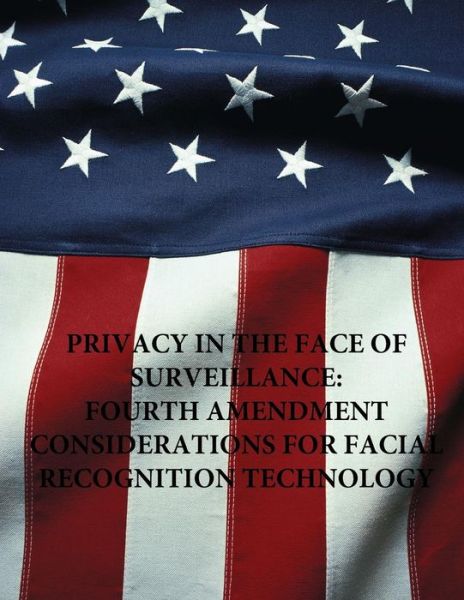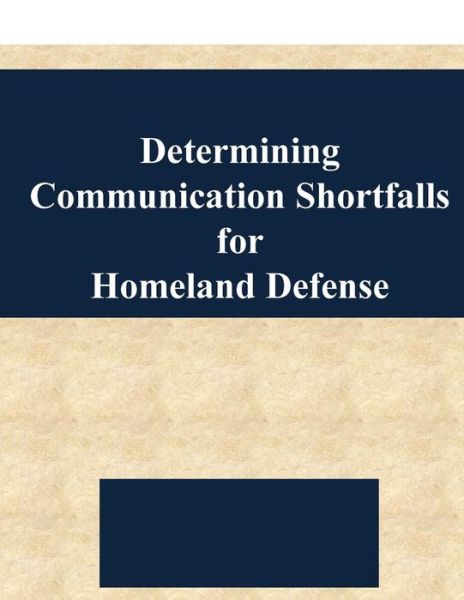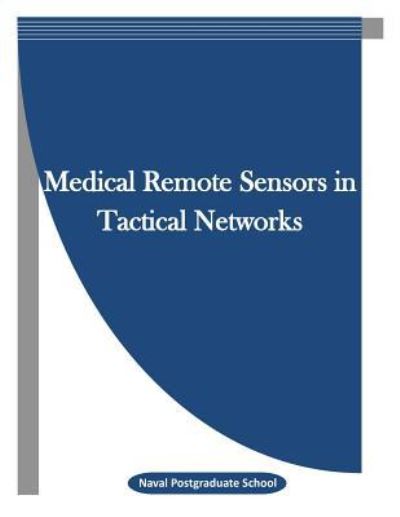
Faites connaître cet article à vos amis:
Privacy in the Face of Surveillance
Naval Postgraduate School
Privacy in the Face of Surveillance
Naval Postgraduate School
Facial recognition technology adds a new dimension to government and police surveillance. If these organizations were to employ active surveillance using facial recognition technology, the implication could mean that people appearing in public places no longer have an expectation of privacy in anonymity. Real-time identification using facial recognition surveillance technology is not currently ready for successful employment by law enforcement or government agencies, but the speed with which the technology is being developed means that a constitutional challenge to this new technology will serve as a turning point for the future of Forth Amendment privacyjurisprudence and shape the future of surveillance in the digital age. This work explores the history and current state of facial recognition technology and examines the impacts of surveillance on privacy expectations. This work also reviews existing Fourth Amendment legal protections of privacy through a review of cases relating to government surveillance and privacy. The research effort finds that while facial recognition surveillance does not expressly violate current privacy protections, the courts have historically matured with advancing technology, and future court decisions are likely to decide soon whether the Forth Amendment leans more toward safeguarding privacy or security when it comes to facial recognition surveillance.
| Médias | Livres Paperback Book (Livre avec couverture souple et dos collé) |
| Validé | 2 juillet 2016 |
| ISBN13 | 9781535043328 |
| Éditeurs | Createspace Independent Publishing Platf |
| Pages | 64 |
| Dimensions | 216 × 280 × 3 mm · 172 g |
| Langue et grammaire | English |
Plus par Naval Postgraduate School
Voir tous les Naval Postgraduate School ( par ex. Paperback Book )

 Les cadeaux de Noël peuvent être échangés jusqu'au 31 janvier
Les cadeaux de Noël peuvent être échangés jusqu'au 31 janvier

































